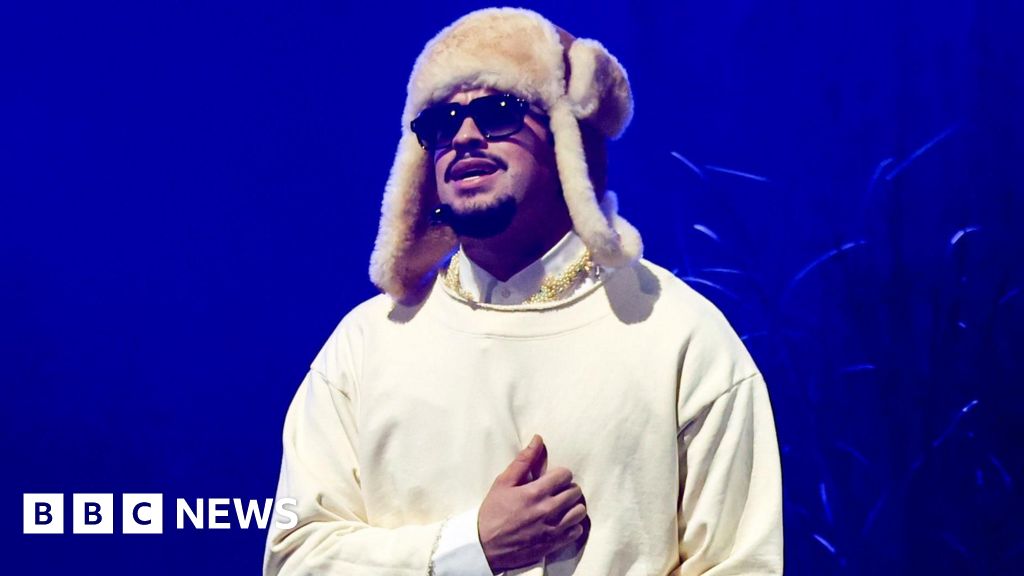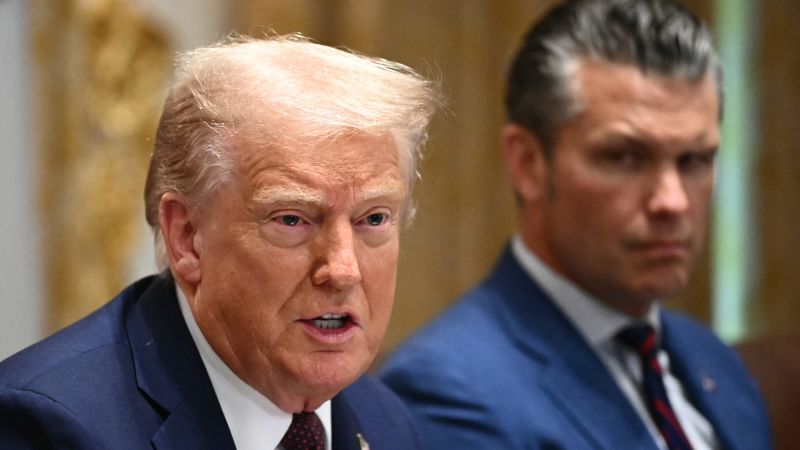Bad Bunny Headlines 2026 Super Bowl Halftime: First Spanish-Language Spotlight Sparks Controversy
#bad_bunny #super_bowl #representation #controversy #politics

Bad Bunny's Super Bowl Halftime Spotlight Sparks Controversy
Bad Bunny, the Puerto Rican superstar, is set to headline the 2026 Super Bowl halftime show at Levi's Stadium, marking a historic first as the event's lead performer who will sing entirely in Spanish. His selection celebrates Latin culture and music on one of the world's biggest stages, highlighting his global influence and recent career milestones[1][4].
Right-Wing Backlash Over Political Stance
The announcement ignited outrage among right-wing commentators and MAGA supporters, who criticized Bad Bunny for his outspoken political views, including his opposition to former President Donald Trump and his activism against ICE policies. Critics questioned his fit with the Super Bowl’s traditional American football audience, labeling him politically divisive and controversial[3].
Cultural Significance Amid Political Debate
Despite the backlash, Bad Bunny’s performance is seen as a milestone for Latino representation in mainstream American entertainment. His choice to forgo touring the continental U.S. due to immigration enforcement concerns underscores his connection to broader social issues, adding layers of meaning to his Super Bowl appearance[1][4].
About the People Mentioned
Bad Bunny
Bad Bunny, born Benito Antonio Martínez Ocasio on March 10, 1994, in Puerto Rico (Vega Baja), is a prominent Puerto Rican singer, rapper, and songwriter who has significantly influenced Latin trap and reggaeton music. He began sharing his music on SoundCloud in 2016 while studying audiovisual communication and working in a grocery store. His early track "Diles" attracted the attention of DJ Luian, leading to a record deal and rising popularity in Puerto Rican nightclubs[1][3][4]. His breakthrough came with the 2018 album *X 100PRE*, which was critically acclaimed for its experimental and genre-blending approach, featuring hits like “Estamos Bien,” “Caro,” and “MÍA” with Drake. Bad Bunny is known for blending reggaeton and Latin trap with influences from salsa, rock en español, and American hip-hop, helping bring Spanish-language urban music to a global audience. He has also collaborated with major artists such as Cardi B, J Balvin, and Drake, notably on the Billboard Hot 100 number-one single “I Like It”[3][4][5]. Bad Bunny has redefined Latin music by challenging traditional norms around masculinity and identity, while also using his platform to address social and political issues affecting Puerto Rico. He has been Spotify's most-streamed artist worldwide from 2020 to 2022, and his 2022 album *Un Verano Sin Ti* holds the record as the most-streamed album on the platform[4]. In 2026, Bad Bunny is set to headline the Super Bowl LX halftime show, joining an elite group of global superstars. This appearance highlights his current relevance and impact as one of the most influential and culturally significant Latin artists internationally[6].
Donald Trump
Donald John Trump, born June 14, 1946, in Queens, New York, is an American businessman, media personality, and politician. He graduated from the University of Pennsylvania’s Wharton School in 1968 with a degree in economics. In 1971, he took over his family’s real estate business, renaming it the Trump Organization, through which he expanded into building and managing skyscrapers, hotels, casinos, and golf courses. Trump gained widespread fame as the host of the reality TV show *The Apprentice* from 2004 to 2015, which helped establish his public persona as a successful entrepreneur. Trump entered politics as a Republican and was elected the 45th president of the United States, serving from 2017 to 2021. His presidency was marked by significant policy actions including tax cuts, deregulation, the appointment of three Supreme Court justices, renegotiation of trade agreements (notably replacing NAFTA with the USMCA), and a focus on immigration control including border wall expansion. He withdrew the U.S. from international agreements such as the Paris Climate Accord and the Iran nuclear deal, and engaged in a trade war with China. His administration’s response to the COVID-19 pandemic was criticized for downplaying the virus’s severity. Trump was impeached twice by the House of Representatives—first in 2019 for abuse of power and obstruction, and again in 2021 for incitement of insurrection—but was acquitted by the Senate both times. After losing the 2020 election to Joe Biden, Trump challenged the results, culminating in the January 6, 2021, Capitol riot. He remains a central figure in American politics, having won the 2024 presidential election and returned as the 47th president in 2025, continuing to promote policies aimed at economic growth, border security, and military strength[1][2][3][4].
About the Organizations Mentioned
ICE
**Immigration and Customs Enforcement (ICE)** is a federal law enforcement agency under the U.S. Department of Homeland Security (DHS), established in 2003 following the Homeland Security Act of 2002, which reorganized existing agencies post-9/11 to enhance national security[1][2]. ICE’s core mission is to protect the United States by enforcing immigration laws, conducting criminal investigations, and preserving public safety. ICE operates primarily through two major divisions: **Homeland Security Investigations (HSI)** and **Enforcement and Removal Operations (ERO)**. HSI focuses on investigating and disrupting transnational criminal organizations involved in customs violations, human trafficking, terrorism, and smuggling. ERO is responsible for the apprehension, detention, and deportation of individuals unlawfully present in the U.S., operating detention facilities and managing removal procedures[2]. ICE’s international reach is managed by the Office of International Affairs (OIA), a key overseas investigative arm coordinating with foreign governments to combat cross-border crime, such as arms smuggling, forced labor, and immigration fraud. OIA supports intelligence gathering, training, treaty implementation, and facilitates global cooperation to preempt threats before they reach U.S. borders[3]. With a workforce exceeding 20,000 employees across more than 400 offices worldwide and an annual budget of about $8 billion, ICE plays a pivotal role in U.S. homeland security[1]. Its activities, especially those involving immigration enforcement and detention, have made it a highly visible and sometimes controversial agency in public discourse, often referred to colloquially in Spanish as "la migra"[2]. Notable achievements include disrupting large-scale criminal networks internationally and supporting the enforcement of over 400 federal statutes concerning customs, immigration, and terrorism prevention. ICE’s dynamic operational scope—spanning law enforcement, international diplomacy, and legal administration—makes it a critical component of U.S. efforts to maintain national security and uphold the rule of law[1][2][
















